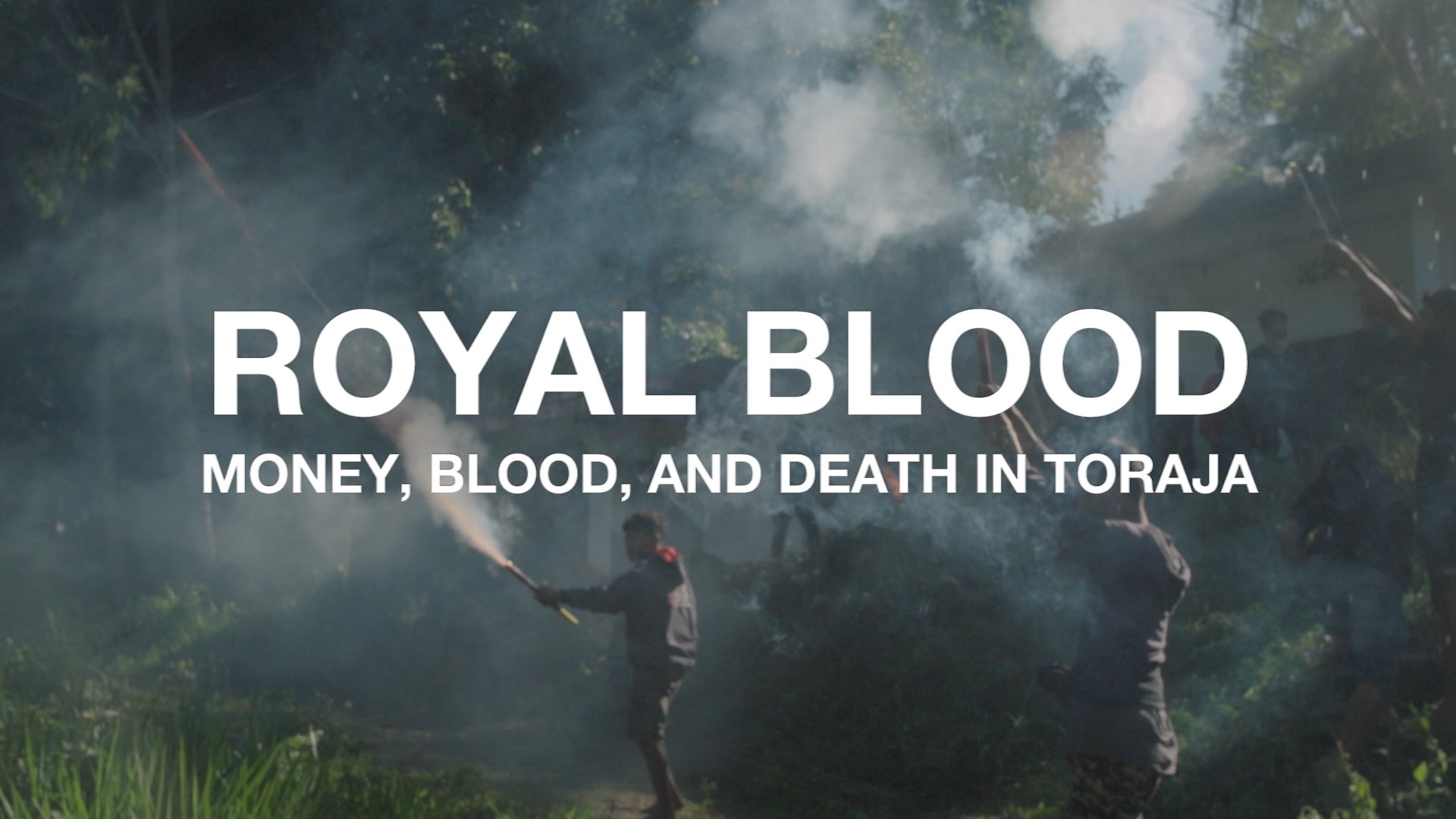What if you were reading this… in an email? Keep up to date with VICE and subscribe to our weekly newsletter.
We smell of certain things when we're alive: deodorant, sweat, food. But those identifying scents don't follow us to the grave. When we die, we have a new smell. A dead smell.
On a piece of bush owned by UTS in the lower Blue Mountains, a group of scientists are researching a very specific smell: that of human remains left to decompose in the Australian bush. By identifying the unique chemical composition of this odour, they can help forensic investigators and police dogs find dead bodies.
Advertisement
First they need dead bodies to do this though. That's where Professor Shari Forbes comes in: she runs Australia's only "body farm," the aptly named Australian Facility For Taphonomic Experimental Research (AFTER). Here, Forbes explains what it's like being surrounded by death:
Sharon, left, at AFTER. Photo by Anna Zhu
People often call me and I can tell they're a bit uncomfortable. They'll say, "This might seem like an odd question," or "I'm sorry to just contact you out of the blue, but I'd like to donate my body." They think it's unusual, but I get those calls every day. A few have said that they don't like the idea of being buried, which is why they are happy to donate to our facility.The reality is we don't "farm" bodies, or body parts. The other misconception is about where our donors come from—that we take the bodies of homeless or unidentified people from the coroner. That's not the case. Very early on, in the US facilities, they did accept unidentified victims from their local coroner, and that could include homeless people or those who weren't claimed by their family. But today there are enough people wanting to donate themselves to the facility, so they no longer do that.Everyone who arrives at our facility after death has chosen to do so personally, as a way to give back to science. Our research focuses on enhancing our ability to search and locate victim remains, such as the use of cadaver [corpse] detection dogs. Other aspects of our research focus on identifying the victim, whether that's through fingerprints, DNA, or isotopes [atoms].
Advertisement
The AFTER team at work. Photo by Anna Zhu
People come to us in all different shapes and sizes and forms, and all different causes and manners of death. I wouldn't say I'm desensitised, but we don't try to have a personal connection with them in death because we didn't know them during life. Probably the times I'm most confronted are at crime scenes, and particularly if you're working with children's remains. They are the most confronting and the most difficult kinds of scenarios to work with.We're not in an indoor laboratory. It's an outdoor laboratory with folding tables and portable testing kits, and we spend whole days out there. We could be collecting a lot of different samples, we could be trapping odour, we could be collecting insects, we may be taking tissue samples, we may be taking soil samples. Insects are used to estimate time since death based on the life cycle of that species under those particular environmental conditions.The tissue samples assist with estimating the time since death. The soil is the same, we look for biomarkers released into the surrounding environment that might tell us how a long a body has been there.
WATCH: VICE Indonesia visits the highlands of South Sulawesi to witness the region's bloody funeral ceremonies:

I got into forensic science before CSI became popular, so I wasn't really driven by TV shows, but nowadays a lot of students are. I read crime novels by Patricia Cornwell and Kathy Reichs as a teenager, so I always had an interest in this field of science. What drove me was realising that there was so much we don't know about the process of decomposition, and particularly how cadaver dogs track and locate the odour of decomposition. What we do know is that the decomposition process is driven very much by the environment. Our climate is unique here in Australia.

I got into forensic science before CSI became popular, so I wasn't really driven by TV shows, but nowadays a lot of students are. I read crime novels by Patricia Cornwell and Kathy Reichs as a teenager, so I always had an interest in this field of science. What drove me was realising that there was so much we don't know about the process of decomposition, and particularly how cadaver dogs track and locate the odour of decomposition. What we do know is that the decomposition process is driven very much by the environment. Our climate is unique here in Australia.
Advertisement
We help the police with investigations involving missing persons, like a lost bushwalker who may have perished; victims of homicide, who are often dumped in remote locations or buried in clandestine grave sites; or the victims of mass disasters, whether natural or man-made. Some of our work also assists with human rights investigations such as mass grave burials following acts of genocide.
Something I insist on is that any project we conduct has to be meaningful—to the police or other law enforcement agencies, the judicial system, or the medical system.
Photo by Anna Zhu
We work with police dogs. They can't talk, so they can't tell us what they actually use to locate human remains. Our research is about studying the chemistry of decomposition odour, so we can train the cadaver detection dogs and enhance their ability to identify in those really difficult search scenarios.In Western culture we don't talk about death, it's often a taboo topic. But I really have no issue with it. I can do that quite easily with my family, with my parents, my husband, and with friends. I think it's much easier for me because I know the reality of the situation—I know what happens [to the body] after death and I'm not concerned about that. Often the unknown is the part that scares people. Once you know it, it's less confronting.Based on the number of body donations we receive, I think that the culture of not discussing death is already starting to change. A lot of people now want to plan something while they're still alive, so that they know what's going to happen to their body after death. That way it's less confronting or scary to think about.As told to Emma Nobel. Follow her on Twitter

